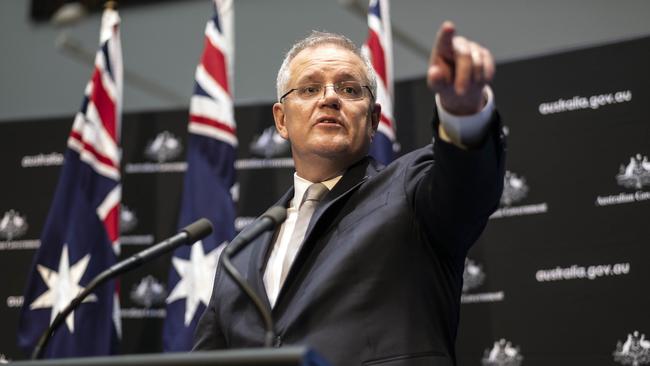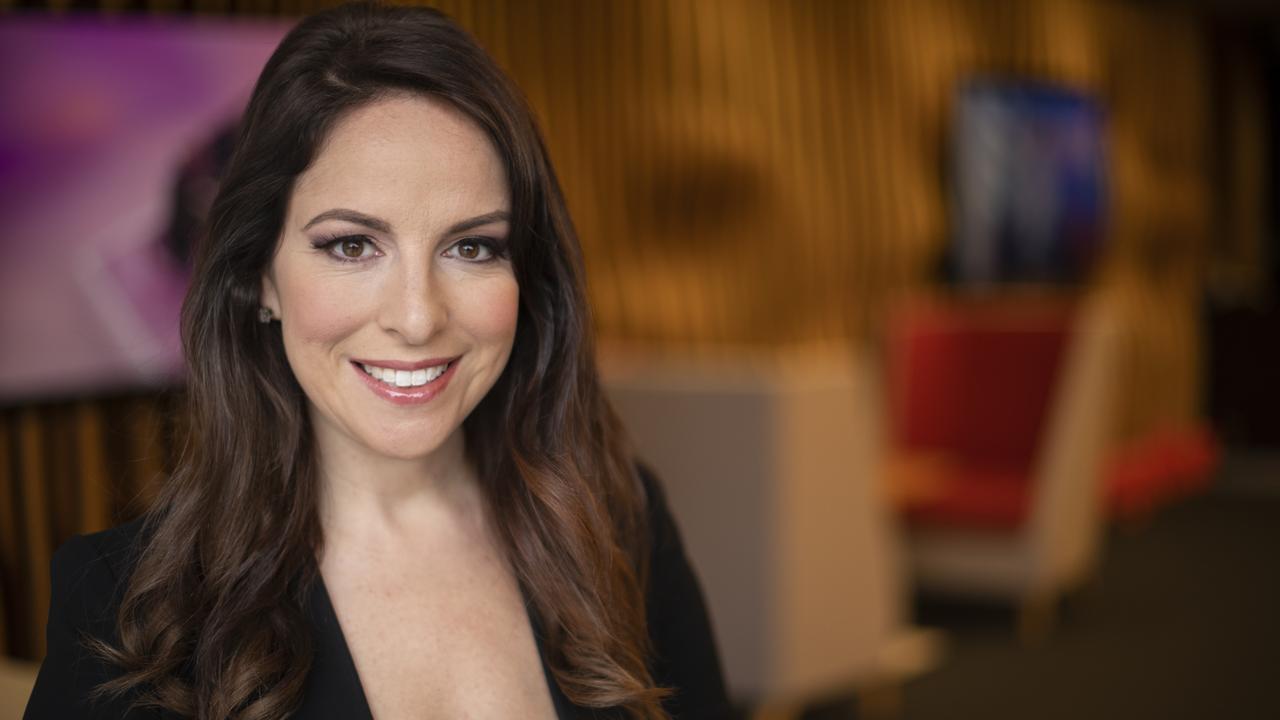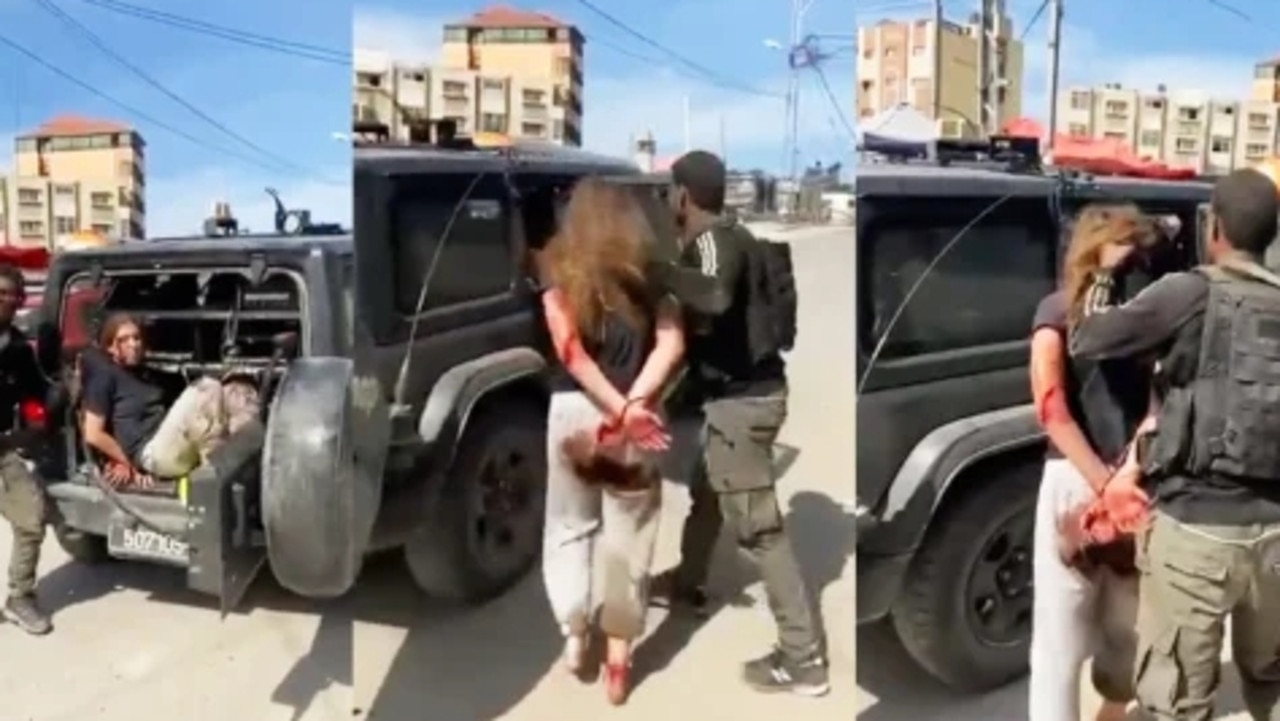We should give thanks and praise for our PM’s prayers and practical action
Scott Morrison shows he has heeded the harsh schooling in leadership of the bushfires crisis.

It is Easter, just not as we know it. There is to be no packing up the car — boards on the roof and bikes on the back — for the extra-long weekend. No egg hunts for neighbourhood kids. No church, either.
Try predicting that, even a month or so ago. No church at Easter, the holiest time of the year.
People of faith will of course pray, and that includes the Prime Minister, who will be praying for you. And not just for you. Scott Morrison will be praying for the nation.
Yes, I know, that drives some people crazy. What’s the use of prayers? We need more than prayers! But actually, this time around, I think people won’t mind.
They minded during the bushfires, remember that? “Our thoughts and prayers are with those who have been so directly and so horribly impacted by these fires,” Morrison tweeted on November 9 last year.
The response? “Shove your thoughts and prayers!” “We’re not interested in your invisible Sky Daddy!” “Even if u believe in fairy tales, u are also aware that many Australians do not. U govern for all Australians not just the select few who also believe your mumbo-jumbo.”
There was worse and more, because with social media there’s always worse and more.
Things have changed. Even in the most feral corners of the internet, it is acknowledged that the Prime Minister has learned from the mistakes he made during the bushfire crisis.
He should indeed have hurried home from Hawaii. He shouldn’t have said such cold things as: “I don’t hold a hose, mate.”
With COVID-19, Morrison has demonstrated a real grasp of the responsibility that comes with his office. He is the Prime Minister. It is to the federal government that an anxious nation turns in times of strife. Probably he never imagined, because who ever could, being called on to manage a problem of this magnitude.
Morrison is trying to save as many lives as possible. Some commentators are wondering whether this is the right strategy, saying: come on, are all lives really of equal value? Answer: yes.
Because, to put that same question another way, how many deaths should this nation be prepared to accept to avoid the (probably unavoidable) recession? For a 10-point rise in the All Ordinaries? Two thousand? Ten thousand?
All right, then, which of your family members would you sacrifice? Because these numbers, they’re also people, and worse, they’re the old, the disabled and the already sick, because that’s who will die when we slacken the economic noose.
The saving of lives is the most important thing. Surely we know that from all the stories our parents and grandparents told us, about the war. How the children of London were forced to evacuate and live apart from their parents for years on end; how food was rationed; how the lights went out; how people had to get used to making do, which is what we’ll need to do, for maybe 12 or 18 months — is that really such a long time? — to get as many of us as possible through.
And then we’ll rebuild.
We will never know how many coffins we would have needed had Morrison not taken the action he has taken. We can’t know which of our parents, our children, our friends would have lain gasping, unable to breathe, dying alone in an isolation ward. We do know Morrison has put the saving of lives ahead of all else, and that’s really the only possible starting point. But yes, Morrison must couple this enormous responsibility — the saving of every possible life — with the economic realities. Also on his plate is the mental health of those who find themselves unemployed; the destruction of so much wealth; the loss of people’s homes; the collapse of lives as we’ve known them … honestly, there is so much at stake.
Morrison was accused, during the bushfires, of “doing nothing”.
He cannot be so accused this time. He has done plenty. He has approved the plan to deliver $1500 a fortnight to people who have lost their jobs. That is more than many of those who were stood down were earning. It has given them great comfort, that they will get through this, and not too badly, either. He has doubled what used to be called the dole. He’s made childcare free.
He’s on to the banks, urging them not to foreclose; he’s on to landlords, urging them not to evict; he’s on to the bloated superannuation companies, urging them to release some of the cash they hoard (or pay themselves in the shape of bonuses) to those who earned it and may now desperately need it. Is this too much in the wrong direction? We just don’t know, and won’t ever know.
We do know that Morrison is praying for wisdom and guidance as he goes about making these enormous decisions, because just two weeks ago he referred his “prayer knees” getting “a good old workout” in relation to COVID-19. He’s praying for our doctors and nurses and hospital cleaners. For those in quarantine and isolation. For the anxious, the sick and the bereaved. This worries some people, who hope he’s also heeding the best advice from medical and financial experts, and he has covered that, telling journalists last week: “As Prime Minister I have to take my decisions based on very strong advice and exercise the best judgment I can.”
He is showing up, daily. He hasn’t defined COVID-19 as a problem for the states, or for the health system, or for employers and their employees. Repeatedly, he says: we are all in this together. He has called on Australians to exercise self-discipline; to remain resolute; to practise fellow feeling and, where possible, good humour.
The creation of the national cabinet, featuring men and women, of stripe both red and blue, was a terrific idea.
At the same time, he is probably not sleeping because who among us isn’t waking up at 3am, even without having the country to run? He’s probably not seeing his family. Like everyone, he is trapped in the worst cycle of bad news ever, except he cannot turn it off. This is his problem. He will need courage, energy and strength. He finds that in his faith. And so, if he wants to pray? Let him pray.



